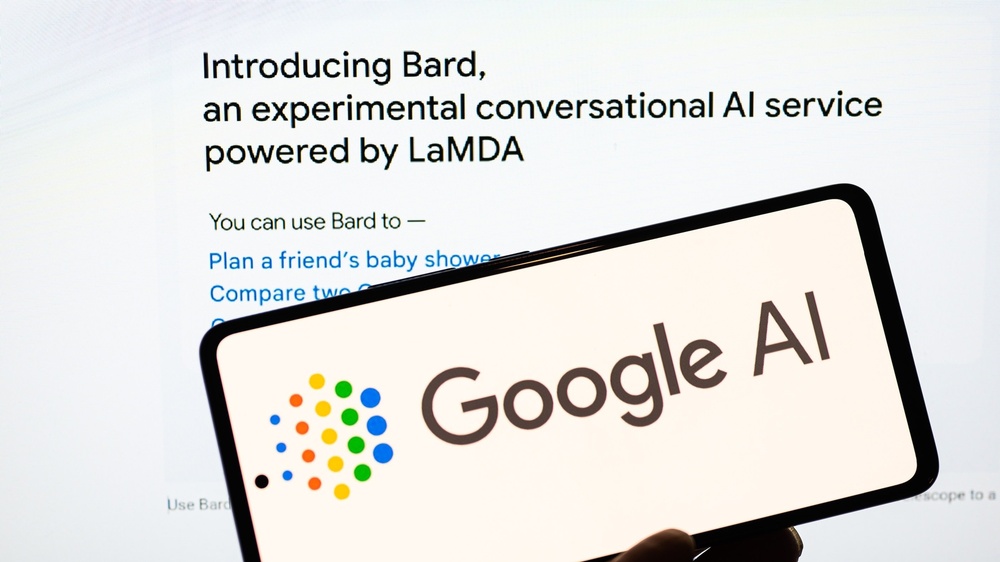Google Launches Bard Chatbot Worldwide, Excluding EU, and Enhances AI Capabilities
- Loxicom
Categories: AI dapps google google assistant google I/O google pixel google streaming google updates gulf coast Home Automation Home Automation Company Loxicom loxicom.us mississippi software communication technology conference WIFI

Google Launches Bard Chatbot Worldwide, Excluding EU, and Enhances AI Capabilities
During the recent I/O 2023 event, Google unveiled the global availability of its AI-powered chat bot, Bard, in 180 countries and territories. However, to the disappointment of many Europeans, the European Union (EU) countries were excluded from the list. While Google has not provided a specific reason for this exclusion, it is plausible that the EU's response to OpenAI's ChatGPT influenced Google's decision. It is likely that Google is also waiting for the finalization of the EU's AI Act before expanding Bard's reach across the continent. Despite this setback, Google promises a gradual expansion in accordance with local regulations and its AI principles.
Enhancements and Features:
Google introduced several new features and improvements alongside the global release of Bard. The chatbot is now powered by Google's latest large language model, PaLM2, an upgraded version of PaLM, enhancing its conversational capabilities. Furthermore, Bard has been trained in 20 programming languages, allowing users to seek assistance with code production, debugging, and improvement in languages such as C++, Python, and JavaScript.
Additionally, based on user demand, Bard now offers a dark mode for a more visually comfortable experience. Moreover, Bard integrates with Adobe's AI art generator, Firefly, through an extension feature, enabling users to create images using the chatbot. Google aims to support 40 languages in total, with Bard currently available in English, Japanese, and Korean.
Critical Reception and Improvements:
Bard's initial release in the US and the UK two months ago faced criticism for being rushed and not meeting expectations. As Google aimed to keep pace with competitors, the chatbot was deemed underprepared. Not only did tech-savvy commentators express disappointment, but even Google employees voiced their concerns internally, using phrases like "pathological liar" and "cringe-worthy."
Google's Commitment to AI: Google's commitment to artificial intelligence (AI) extends beyond Bard. Sundar Pichai, during the I/O 2023 event, emphasized that Google had "reimagined" its core products with AI advancements. Google Search now features "AI-powered snapshots," where the search engine generates AI-driven answers at the top of search results. Additionally, Gmail and Docs incorporate AI capabilities to assist users in writing challenging emails or job applications. Sheets introduces a new function, "help me create," aiding users in setting up comprehensive tables for various purposes.
Immersive View in Google Maps: Google Maps introduces Immersive View, a feature allowing users to visually explore routes by walking, cycling, or driving virtually. Predicted weather conditions are also displayed, providing a realistic preview before venturing outside. Initially, this feature will be rolled out in 15 cities, including Amsterdam, Berlin, Dublin, Florence, London, Paris, and Venice, by the end of the year.
While Google expands Bard's availability globally, the exclusion of EU countries hints at potential considerations regarding the EU's response to AI technology. By leveraging Google's new language model, PaLM2, and incorporating innovative features such as programming language support and integration with Adobe's Firefly, Bard aims to surpass its previous shortcomings. Google's commitment to AI extends beyond Bard, with various AI-powered enhancements integrated into core products like Search, Gmail, Docs, and Maps.